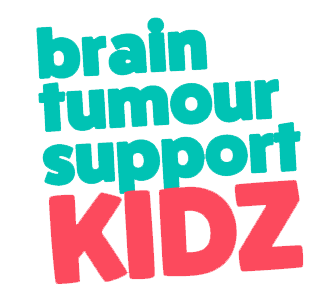
Looking after myself
Looking after yourself
A brain tumour diagnosis is right up there as one of the most stressful and scary experiences in life. Resilience is about finding ways that work for you to navigate this incredibly difficult time, through all the ups and downs. Finding a balance so that you keep a focus on the positive and nourishing things in your life is important. This will support your own wellbeing as a parent or caregiver which will also help build your child’s resilience.
Acknowledge to yourself how hard this time is and that it is normal to feel like you are struggling.
You will eventually find a “new normal” which will be different, but okay.
Everyone will be different in how they cope. Some people like to talk things through with someone they trust, others prefer to do something which supports their wellbeing, e.g. go for a walk in nature, have a swim at the beach, listen to music.
Try different things and find what works for you.
It is important to have supports around you.
Establish who are your best supports.
Friends and family can be invaluable in providing emotional and practical support.
People have different preferences about who can provide the best support. You might consider - who lives nearby, who is most available, who listens well rather than gives advice, who is comfortable with big feelings and the enormity of what you are going through, who is accepting and non-judgmental. Some people find it really helpful to talk to others who have been through a similar experience.
Allow time for feelings – as difficult as they can be, feelings are not permanent
Your coping levels might vary each day.
On “low” days you might want to have some scripts you can use to respond to people, based on short simple factual information.
For example, if you feel open to talking:
“Yes, my child has been diagnosed with a brain tumour, it’s called... It is serious and we are working with the medical team to ensure that… receives the best care possible. This is the plan right now… treatments/possible surgery (you can share as much as you would like people to know). As I learn more/know more, I will let you know. Thank you for your concern and caring support.”
If you are not interested in talking:
“Yes, my child has been diagnosed with a brain tumour. It is serious and right now I don’t want to/can’t talk about it. When I am ready to talk about it I will let you know. Thank you for your concern”.
When do you need to seek help?
You feel you are not coping, such as you have no energy or motivation to do your usual daily activities. This is very normal when you have experienced a shock, but if this continues indefinitely seek professional help.
Talk to your child’s team.
Talk to your G.P.
Ask for a referral to a counsellor or psychologist.
REMEMBER: If you have serious safety concerns for your child, teen or yourself, ask for help urgently, do not wait.

Where to find Help
Find out how we can help in this time
